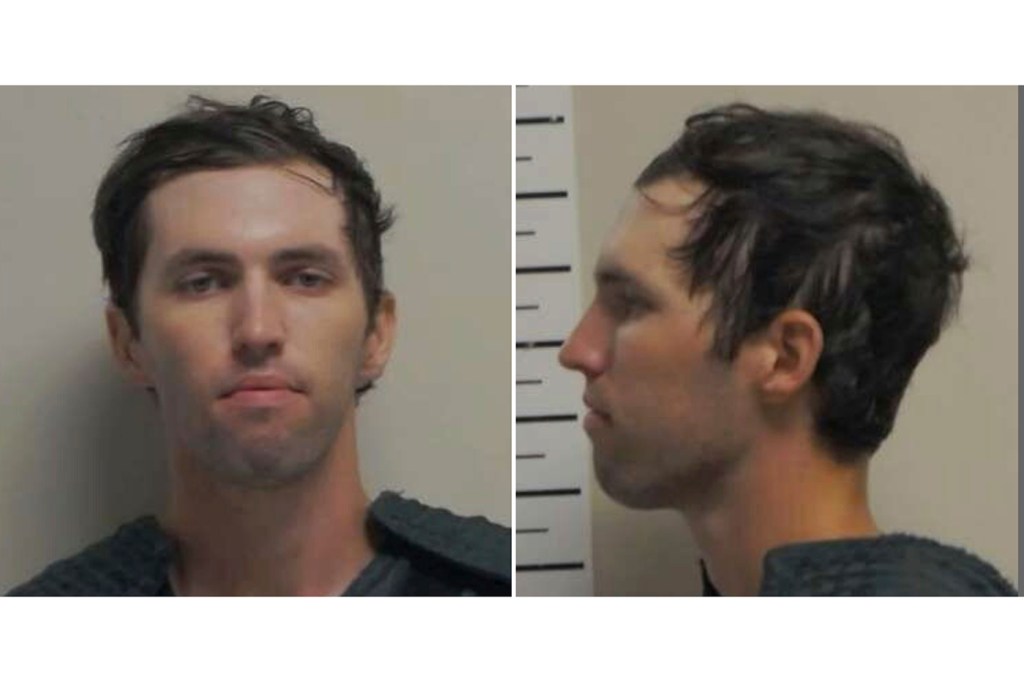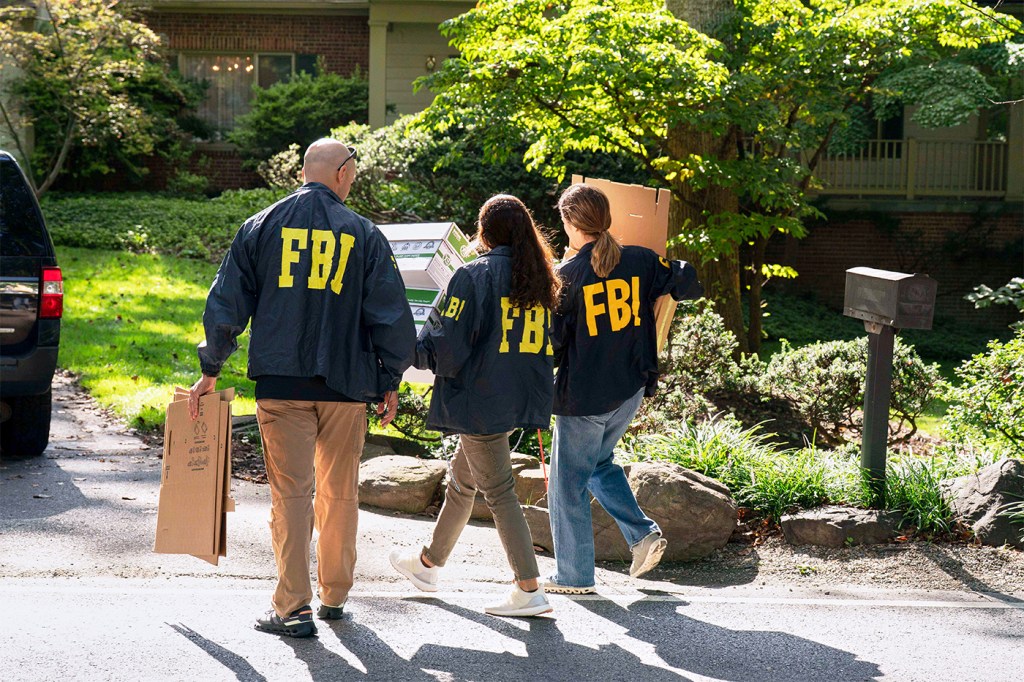How can Alec Baldwin still be facing charges for movie set shooting? Northeastern law experts explain

It’s been two years since the accidental shooting that killed a cinematographer on the set of the movie “Rust” and six months since charges were dropped against Alec Baldwin in that death.
However, Baldwin could once again face charges in the shooting death.
A grand jury in New Mexico will decide whether to charge Baldwin with involuntary manslaughter for the death of Halyna Hutchins, who was killed when a bullet from a prop gun handled by Baldwin discharged.
Prosecutors originally brought these charges against Baldwin this year. They dropped the charges in April due to evidence that the gun may have been modified to make it easy for it to go off by accident. Now they are saying a new gun analysis shows Baldwin may have pulled the trigger. Prosecutors will be presenting evidence in the case to a grand jury next month.
The double jeopardy clause in the Fifth Amendment prohibits a person from being charged for the same crime by the same jurisdiction twice. But Daniel Medwed, a university distinguished professor of law and criminal justice at Northeastern University said there are some caveats that could allow prosecutors in New Mexico to bring the same charges against Baldwin once more.
“There’s something called the double jeopardy draft clause in our Constitution,” Medwed explains. “The way the courts interpreted that is you can’t be charged and tried twice for the same crime by the same sovereign. You can’t just keep taking another bite at the apple. But, … there’s a little bit of a technicality in terms of what triggers double jeopardy.”
According to Medwed, there are three circumstances in which double jeopardy doesn’t “attach” (the legal term for when it applies to a case).
One is if charges are filed but court proceedings don’t progress beyond that. Proceedings have to hit a certain point, which varies by state, in order to be considered “double jeopardy.”
Another is if there’s a different sovereign charging for the crime. For example, you can be charged for the same crime at a state and a federal level. Double jeopardy also doesn’t apply if there’s a different set of facts that comes to light.
“My instinct here is that double jeopardy didn’t attach because the New Mexican prosecutors didn’t go far enough in the indictment process,” Medwed said.
New facts have also changed the case. Prosecutors filed involuntary manslaughter charges against Baldwin after the incident that left Hutchins dead and director Joel Souza wounded. According to the New York Times, Baldwin was rehearsing with the gun and was told there was no live ammunition in it. Baldwin has said multiple times since the Oct. 21, 2021, incident that he did not pull the trigger.
However, prosecutors found evidence contradicting this claim when they submitted the gun for analysis.
“That’s fairly common,” Medwed said. “Prosecutors file charges … then they don’t feel like they have a strong enough case. … So they drop the case, but then new facts emerge that make the case stronger and warrants prosecution.”
The film’s first assistant director was charged with negligent handling of a weapon while the movie’s armorer in charge of weapons was charged with involuntary manslaughter. The former took a plea deal while the latter pleaded not guilty.
The film’s first assistant director was charged with negligent handling of a weapon while the movie’s armorer in charge of weapons was charged with involuntary manslaughter. The former took a plea deal while the latter pleaded not guilty.

It’s typical for states to go to a grand jury for these types of charges, said Aliza Hochman Bloom, an assistant professor of law at Northeastern University, especially after a period of investigation. In cases like these, the prosecutors would need to look into the circumstances surrounding the death (such as how the gun discharged, how the prop weapons were kept, who knew about this, etc.).
“This is clearly at most an accidental death,” Hochman Bloom said. “A grand jury would have to decide if the government has sufficient evidence to prove that Baldwin had a sufficient level of recklessness.”
Baldwin faces potential involuntary manslaughter charges. This type of charge isn’t for intentional murders, but incidents in which someone acted recklessly and killed someone without intent, Hochman Bloom says.
From there, Baldwin would still have to be found guilty to face any jail time or penalties. The burden of proof to actually find him guilty is higher than the proof needed to charge him.
“This type of statute is usually reserved for things like when you drive intoxicated and kill someone that way,” Hochman Bloom said. “It’s so extremely reckless that even though you don’t go out intending to kill someone that day, what you’ve done is so reckless that you are charged with a homicide offense. … The question before a jury is whether the recklessness is criminal, such that society wants to punish it.”
Erin Kayata is a Northeastern Global News reporter. Email her at e.kayata@northeastern.edu. Follow her on X/Twitter @erin_kayata.






